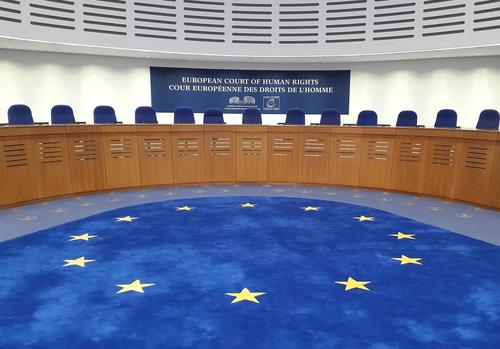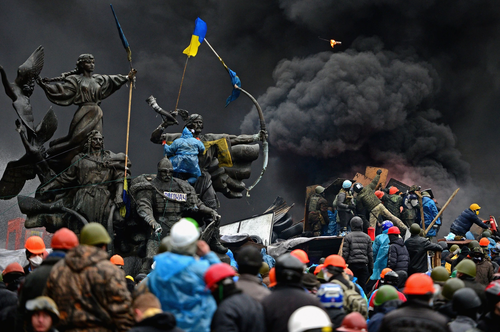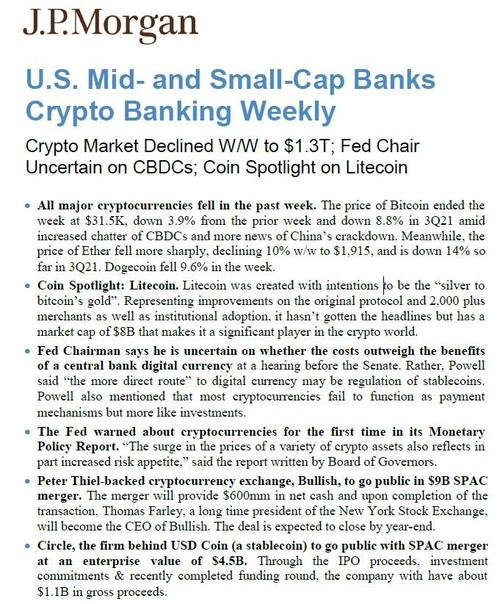
Next week, my dual-citizen wife will take a previously unplanned five-hour flight from New York to a city out west, rent an expensive car (all car rentals are expensive nowadays), drive a couple of hours, spend the night at a hotel, then go to a first-thing-in-the-morning appointment at a State Department agency to receive her “expedited” U.S. passport renewal that she originally applied for more than three months ago.
This thousand-dollar detour, made necessary by our pending trip to see the in-laws in France (COVID having scrambled the ability for dual nationals to traverse freely between countries on just one of the two passports), has been playing out all over the country, as Americans with immovable travel dates scramble to deal with consular processing that has slowed to a crawl.
“Passport backlog surges to nearly 2.2M as applicants wait up to 24 weeks,” ran the headline this week at Fox News. “Those without a valid passport will likely need to delay any summer trips abroad.” A cruel fate for those who’ve been penned up at home for 16 months.
More infuriating still is that the paperwork logjam appears largely man-made, the result of government passport services that are still not fully reopened.
“It is clear that the 26 regional passport agencies and centers are not operating at full capacity to meet constituent needs,” Sen. James Lankford (R–Okla.) wrote in a scathing July 19 letter to Secretary of State Anthony Blinken. “I have heard from an unusually large number of constituents whose vacations, work trips, and honeymoons were cancelled due to these delays and did not receive adequate assistance from the Department of State, which is totally unacceptable.”
In a July 14 press briefing on the issue, Deputy Assistant Secretary for Passport Services Rachel Arndt insisted that, “We’ve been doing and continue to do everything we can to serve the American public while prioritizing the health and safety of our staff and of our customers,” and then proceeded to detail all the ways in which that statement is not true.
“As of July 12th, we had passport agencies where…all of the staff was returning…in 17 cities,” Arndt reported. “We have an additional five that we are anticipating approval to move to be completely open with all staff back in the office.”
Arndt’s explanation was filled with such present-participle verb tenses. “We are surging staff, both adjudicators and contractors, back into the office at agencies across the country as COVID restrictions ease….This summer we’re going to have over 150 staff returning to 21 agencies across the country, and that will increase our capacity to process applications more quickly. We are looking at surging back to pre-pandemic staffing levels,” etc.
Do you know who is back in the office, unlike State Dept. employees who’ve had access to COVID vaccines longer than most of the rest of us? Scores of millions of Americans, including many who would like to visit their relatives for the first time in a year and a half. Compounding that failure to put asses back in office chairs is the fact that, as Arndt says, “passport specialists need to be physically present in the office to process the passports. They are not processing remotely or from home.”
Field offices for members of Congress from both parties are overwhelmed with desperate constituent requests for help. “The State Department must get their employees back to work to handle the backlog,” Rep. Nicole Malliotakis (R–Staten Island) said in a statement July 10. “That is the message my colleagues and I keep reinforcing.” Senate Majority Leader Chuck Schumer (D–N.Y.) is calling for emergency personnel.
Normally, passport issuances and renewals take four to six weeks. In my wife’s case, it took more than a month after sending in her application for Passport Services to even cash her $140 check. Those, like her, who are panicky about receiving legal documentation in time for an already paid-for flight, are invited to shell out an additional $60 to allegedly speed things through. When that fails, and there are only 10 business days left before your departure date, you can jump on the State Department website (preferably after midnight) and mash the refresh button, or brave the multi-hour hold music on the phone, until you are granted an appointment in whatever far-flung field office has available space within the last, nail-biting 72 hours before takeoff.
Unsurprisingly, there have proliferated several Facebook and Reddit groups dedicated toward hacking the phone tree or facilitating third-party workarounds (such as, people reserve appointments, then transfer them…though the State Department is naturally trying to crack down on that practice). Basically, in addition to the thousand-dollar price tag and multi-day time-suck, you can count on at least a dozen hours of research/hold time wasted, plus the attendant anxiety that comes with it all. And that’s for the people lucky enough to not have to cancel their summer vacations.
One of the key chokepoints in the process is the initial “lockbox” phase, when an application is received at a secure location, assigned a tracking number, then forwarded to the main processing office. This process, which is overseen by the Treasury Department and outsourced to Citibank, usually takes 24 hours. But according to Sen. Lankford, “In a June 30 memo to Congressional staff, the [Treasury] Department stated, ‘Treasury-operated Citibank lockboxes…have been experiencing operational issues.…Service partner operational delays are currently up to six weeks after the passport was mailed.'”
An anonymous Citibank spokesperson told Fox News that the delays were attributable to COVID precautions and staffing shortages.
Added Lankford: “The delay from one day to six weeks in the lockbox phase of the process is entirely unacceptable….If Citibank and other partners are not fulfilling their obligations to the taxpayers in a satisfactory manner, I would support a search for alternative contractors for this phase of the process who can get the job done. Additionally, if the cause of these ‘operational issues’ is outdated social distancing requirements or other COVID-related restrictions that are no longer required by local mandates or CDC guidance, the policy for these personnel must be updated to ensure maximum productivity.”
Asked about the contracting problem, Arndt responded with a lot of present-participle.
“In addition to surging our staff for both contract and government, we are expanding our overtime work at all locations and we are continuing to increase the number of appointments available at all of our public passport agencies and centers,” she said. “And then we are also working with our partners to expand staffing capacity at the front end for processing at our lockbox facilities.” Swell.
So cross your fingers that the two million U.S. citizens waiting for travel documents can somehow wheedle them into existence before they leave the country. And if you or your family members have passports that are within one year of expiring, better start hurrying now. Because the government certainly isn’t.
“People who submit new passport applications right now will not get their new passport until well into the fall,” Arndt said. “U.S. citizens who wish to travel overseas this summer and do not currently have a passport may need to make alternate travel plans.”
from Latest – Reason.com https://ift.tt/3BnZvqm
via IFTTT





